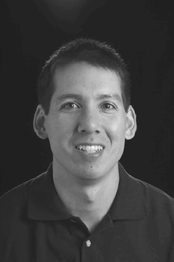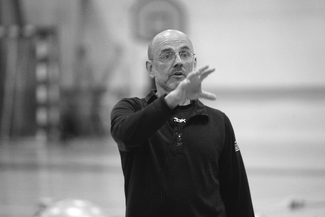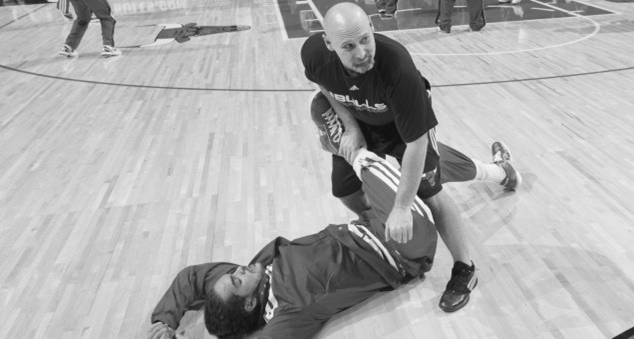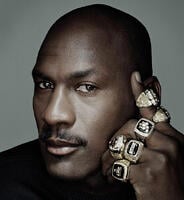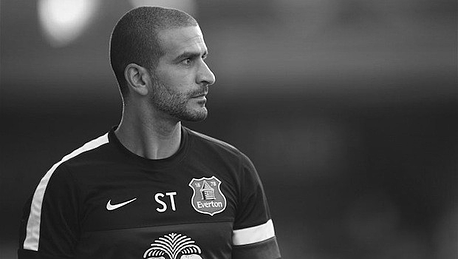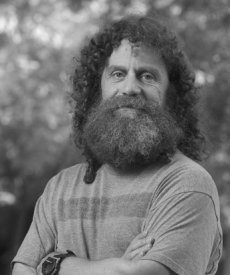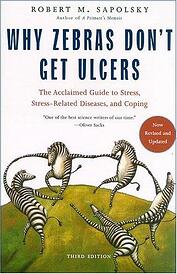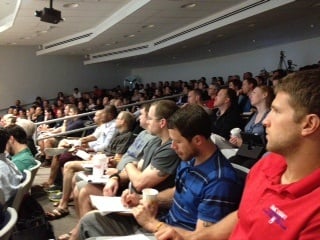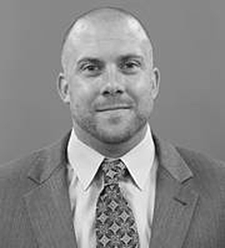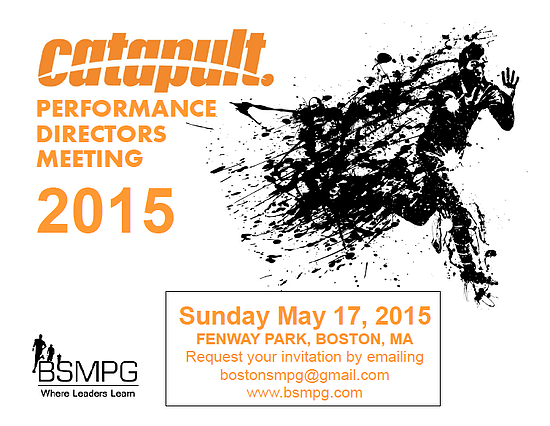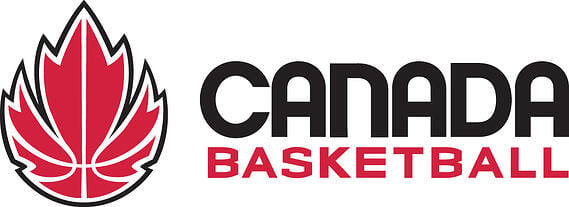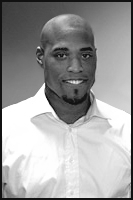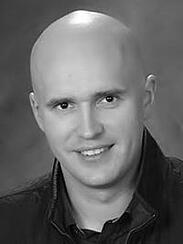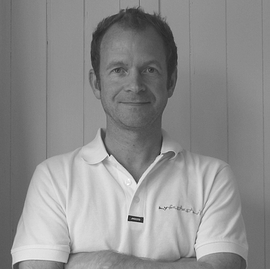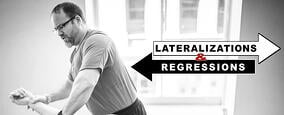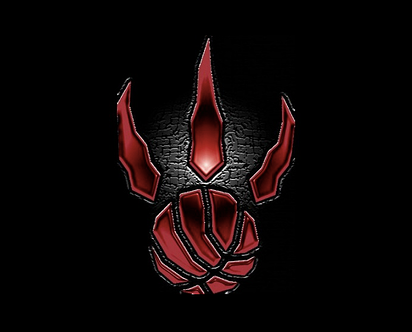
“The Australia-based Catapult uses wearable technology to track athlete movement on the playing court, and it currently calls 13 NBA teams clients…Oklahoma City is not one of those 13 teams, but the Thunder aren't dinosaurs when it comes to injury prevention.”
By Tom Haberstroh ESPN Insider
Recently Kevin Durant sustained a fracture of the fifth metatarsal bone, creating a ripple effect in the NBA and college basketball. Seeing the MVP in the league out of at least 6-8 weeks is frightening, and some programs are already asking hard questions with sports medicine. Teams wanting to appear as progressive are apparently monitoring everything imaginable to look like they are covering the bases. Some teams are analyzing brain waves, performing blood analysis, and now tapping into DNA of players. The question is not necessarily does monitoring work, but the real question is are teams really doing all of this at a high level or is just smoke and mirrors? In the earlier article Anti-Fragile Algorithms, the specific injury mentioned as a working model, fifth metatarsal injuries tin basketball was showcased as a dire warning to emerging problems in the NBA. The article was popular based on retweets on social media, but is anyone actually taking the advice? Unfortunately many of those sharing the article on twitter didn’t do the recommendations in the guest post, otherwise we would not see as many factures in sport.
Every time I get a request to talk about technology in sport with coaches I suggest reading the book Jurassic Park as a dire warning to reliance on computers. Without having solid education behind the keyboard, technology can backfire big time. Since the book is a classic and a movie, most readers appreciate the motif of the story foreshadowing a Frankenstein allusion to DNA and misdirected science without wisdom. Now that DNA analysis is widely available commercially, we would hope to believe that science, specifically sport science, is making a change in injuries and performance. Based on injury data, very little, if any in fact, improvements are shown in the medical logs with injury reduction.
The rise of the Athlete Management Systems (AMS) we see from the UK, and other software providers, are frankly not helping much at all. The reason? Visualizing data without interpretation skills and the power to apply an intervention is just putting lipstick on a pig. I am in strong support of data display because it commits to addressing known problems, but if you don’t have the ability to do an intervention, it’s just job security paper trails. Most systems available are nothing more than overpriced dashboards without any analytic engine to create value besides seeing crude data with a team logo. Coaches and teams pressured to be data driven succumb to buying more technology and the results have been the same, but with cool wearable devices wirelessly displaying meaningless metrics on the nearby oversized flat screen. What we see is the same as what the Michael Crichton story depicted, the inmates are running the asylum and the only differences are the freaks of nature are smaller and from this era.
Are We Tracking the Tracks?
The most glairing issue I have with any foot injury is the lack of appreciation of foot strike and how to manage forces properly. SportVu and Catapult are measuring displacement of athletes, sort of like surveillance if you will. Player tracker doesn’t drill down to the actual ground contact needed to fully reduce the chances of a fifth metatarsal injury beyond crude accelerometer values. The use of pressure mapping is essential to actually evaluating how much strain we are placing specific parts of the foot, not just counting steps or player distance. While the minutes on Kevin Durant’s body were enormous, minutes are always going to be high when players are competing so many times a month, and crafty teams like San Antonio are strategically resting players with continued controversy from the league. So to increase the risk margin and reduce injuries, real screening is needed to the areas at risk. Basketball specific screening can be done with simple mat and in-shoe pressure systems available on the market. Combined with a solid foot evaluation performed by a sports medicine professional using manual techniques, a proper risk profile can be created. No longer do we need to depend on minutes played only to find risk, but movement patterns and foot structure can move the needle to seeing potential problems. Injuries are obviously multifactorial, but specific risk factors are identified in the current literature and are open to medical professionals now. Presently, the most precise targeting approach to risk of basketball injuries I know is with the Mercury XML, a foot testing system and algorithm that can zero into the exact problem and provide needed interventions and guidance. As of this time only, I don’t know too many teams doing more than just standard podiatric evaluation if at all.
My suggestion for teams, not just basketball, is to commit to a comprehensive evaluation of foot function every year to track changes and make refined interventions. Every player should have all foot attire evaluated and properly scored. We buy smartphones and food with tech specs and labels, yet all we have is the size of the shoes, not a standardized breakdown of key functional indicators. Imagine going to buy medications by “trying them on” instead of using a proper channel? Our most valuable wearable is not a fitbit or the new trendy “smart fabric” but the shoes one selects for training and competition. Selecting footwear is highly individual and should be done with great care. We need to prescribe footwear with the same respect as medications, and watch for side effects with Elastography and Myoton readings. In addition to shoes, make sure each athlete is pressure mapped barefoot as well as in-shoe, to see how orthotics and shoe design is mixing in the foot strike composite. I have done this for years with soccer athletes and it does take time, but the sleep I get is much better now and have the charts to even show it!
Are we Tracking the Inside?
The ESPN article by the same author Tom Haberstroh hinted that teams are doing blood testing to get more data on their players, but based on information from the players, it doesn’t seem to match the necessary frequency to create solid connections. Biomarker testing with blood is a rich source of information, but like any data the shelf life isn’t long and retesting is needed. My own experience using blood testing every month really shows what is going on during a long season, and not a moment in time. Haberstroh writes:
When asked by ESPN to elaborate on blood analysis, Cuban declined further comment. But interviews with several Dallas players indicate that the team's expanded testing policy is neither obvious nor rosterwide. Guard Devin Harris recalls giving blood only in the preseason as part of the standard team physical; perhaps by design, other plasma-related details remain vague. "I don't know what they do with it once they have it, but they definitely take it," Harris says. "And I know they talked about taking blood throughout the season for certain stuff."
Sport Scientist Xavi Schelling, now with San Antonio researched the trends and patterns with hormones with professional basketball for years in his insightful study recently with the Journal of Strength and Conditioning. The summary in the paper clearly illustrated the differences beyond just minutes played. As someone who helped edit the manuscript, I read that study over a dozen times and saw an alarming problem, Europeans play less than the NBA and are struggling to recover, imagine playing multiple times a week including back to back games? Mark Cuban is going to need a think tank rather than a shark tank to help his team adjust if they are not testing everyone a few times a season. All players in professional basketball, regardless of minutes played should be tested multiple times to see trends. When doing a baseline test it is very important to factor in several additional metrics, such as muscle fiber estimation and performance testing. Baselines without profiling and adjusting should be left for the court, not for the athletic lab. Again who really knows what is going on with teams since all of this is all speculation, and Mark is a bright guy and didn’t become a billionaire because he shared his secret sauce with his competition.
A simple solution to blood testing is use the data everyone is getting in the pre-season and make that the primary focus on team leaderboards to drive change. I love HRV (Heart Rate Variability) and using daily neuromuscular fatigue measurement, but every day most athletes have three meals to make an impact in what they are doing, and see a cause and effect with training and sleep with biomarkers outside vitamins and minerals. Not seeing the data is like expecting a police officer to use a radar gun and then seeing you after a crash, so sometimes a little discussion can go a long way.
Sleep Tracking with the NBA Schedule
A popular request with teams is finding the competitive edge with sleep quality and quantity. It’s not rocket science that sleep matters and no matter how many research studies athletes are shown in cartoony infographics they will be seduced by the other “theme parks” that sometimes will include adult themes and adult beverages. Even the good father who loves playing dad will become a zombie after a few weeks of a baby crying all night or dealing with a spouse snoring. No matter what magic calculation of time zone adjustment is made during travel planning, evening games with last minute heroics will pump enough adrenaline to render players disrupted biologically during sleep. Elite athletes are human and will be under stress, so all of the protocols for setting up sleep are nice on paper and certainly sound good, why are we still seeing CNS fatigue and poor autonomic status?
The reason the NBA struggles to apply sleep monitoring is because without the iron and sweat of training properly, sleep tracking is futile. Everyone knows that modern athletes underprepare and simply compete too much with entertainment-over-health schedules, but the key break is to remember to do the basics. Tracking sleep and working on sleep hygiene is a great start, but the trend needs to but the meat and potatoes back to strength coaches. I am not surprised that teams are using wearable devices but some caveats exist with the limitations of accelerometer technologies with sleep tracking.
Three years ago I was using several sleep tools to get sleep data on my sprinters and a few athletes for a colleague. What I realized quickly that team sport athletes were the Velociraptors of the Jurassic Park and were very clever. Here is just the tip of the iceberg with sleep data. Here are three real world challenges coaches are facing now:
Context Errors - If a pro athlete appear like they are getting a solid 8.5 hours after a game but may be passed out from drinking all night. No algorithm can detect every sleep to detect large amounts of ethanol (booze) from “Club Jaguar”.
Data Integrity- Sometimes a pro athlete will have great sleep data, but is that his data or the groupie? Is it one of his friends in the entourage? Is the sensor on his Cat “Pepe”, who sleeps great during home games and has a key ring for the band? I don’t know too many coaches who tuck their athletes into bed, so after a short experiment athletes don’t like getting monitored by big brother.
Interpretation Errors- A high quantity of sleep may be a sign of actually overtraining. When an athlete is sleeping more they could have an illness such as mononucleosis or be fighting exhaustion.
So much of sleeping well is ensuring athletes are not tired from overtraining syndromes more than just teaching or educating about “Bed time”. Even compliant athletes will find sleeping difficult, especially in the NBA when beds are not exactly designed for the bigger “dinosaurs”. When athletes are not prepared fitness wise, have poor biomarkers, and are not strong in the lower body, sleep is poisoned by outside variables. The big picture is to make athletes focused on doing the training, not just the spa recovery needs. In the future the athletes will have to decide themselves what they are willing to do to get better, and that starts with the weight room, not just the bedroom.
I will not point fingers and do the blame game, that is for the experts and pundits, but I will point to other factors than what we see online or in print. I don’t know if Oklahoma City is doing blood analysis, advanced sleep tracking, and cutting edge foot diagnostics with pressure mapping, but even if they did a limit exists to the body and I am not sure if we passed that point of no return or not with the NBA. What I do know is that the reliance on technology is dangerous without a good plan and good people, and teams with a great staff and talented athletes will win at the end.
Article contribution by Carl Valle
